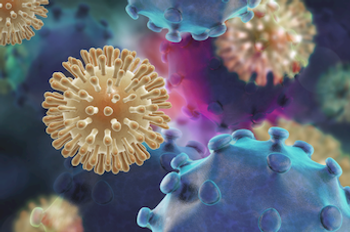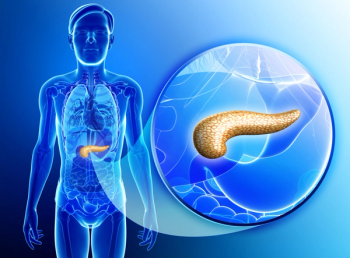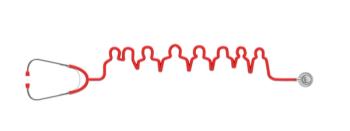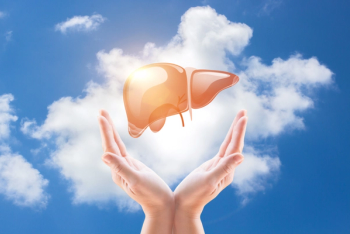
Top news of the week from Pharmacy Times®.

Results from 2 initial phase 3 studies evaluating an investigational 15-valent pneumococcal conjugate vaccine were recently released, assessing its immunogenicity, safety, and tolerability.

The Pharmacy Health Information Collaborative is currently accepting comments from stakeholders.

The key to better outcomes for patients with MS is to address it early.

According to a recent study published in Gut, inflammatory bowel disease (IBD), which includes ulcerative colitis and Crohn disease, is associated with a more than doubled likelihood of developing dementia.

FDA guidance encourages diverse study pools at all phases of development.

A new study found that compared with non-drinkers, middle to older adults had better cognitive function.

A statewide Indiana study shows that 47% of people are using technology to communicate with their health care providers, and less than a quarter are having conversations with their providers about using health information technology (HIT).

Urothelial carcinoma accounts for approximately 90% of all bladder cancers and becomes increasingly challenging to treat as it spreads through the layers of the bladder wall.

The development and use of specialty pharmaceuticals have significantly affected global health care practices and costs.

New research indicates that even with effective antiretroviral treatment, HIV may still affect the central nervous system.

According to a press release, this is the first single-agent, anti-PD-1 therapy approved in the first-line environment for this patient population.

OnScript is dedicated to providing the pharmacy technician workforce with news, real life stories and discussions that can impact personal and professional growth.

The findings include airway inflammation and rapid development of pulmonary edema, coronary artery aneurysms, and extensive intra-abdominal inflammatory changes, according to the study authors.

A recent study showed that long-term exposure to fine particulate outdoor air pollution is a key contributor to cardiovascular disease and death throughout the world, regardless of the income bracket of the various countries.

Collaboration between pharmacists and general practice teams improves patient care and increases savings.

A new heart valve combines the biocompatibility of a biological valve with the robustness of a mechanical one.

Erlotinib taken with gemcitabine was approved by the FDA for locally advanced, inoperable, or metastatic pancreatic cancer in 2005.

According to the FDA, patients should be selected based on an FDA-approved companion diagnostic test.

Remdesivir, the investigational drug for the treatment of the coronavirus disease 2019 (COVID-19), will be sold for $390 per vial.

Some states are implementing laws that are allowing pharmacists to expand their roles temporarily, but these laws vary by state and there is no uniformity in what all pharmacists can do during this time.

COVID-19 attacks the cardiovascular system and may exasperate preexisting heart conditions.

How could a patient be having a heart attack if the troponin levels were super low?

The dipeptide used in the study is the only known amino acid to make the trip from a mouse’s stomach to its brain intact, according to the study authors.

Current research has already found that CVD is among the most common pre-existing conditions among people who die from COVID-19.

A new study found disturbing evidence that black cancer survivors are more likely to face financial hardship on high deductible health plans than their white counterparts.

Organ transplants from seropositive donors carry a high risk of infection from the transplanted organ.

Pharmacists can play an important role in educating pregnant patients along with individuals planning to become pregnant about COVID-19 prevention strategies and tips to stay healthy during the pandemic.

The paper is an update to previous guidelines released by ACSM and the American Heart Association in 1998.